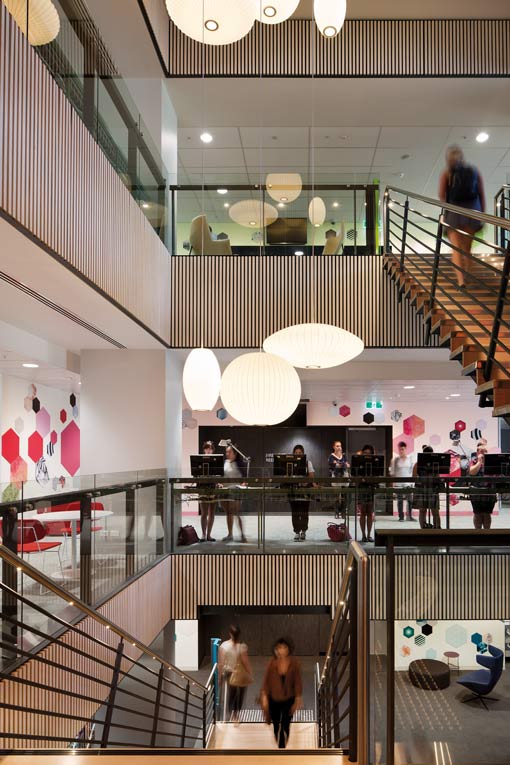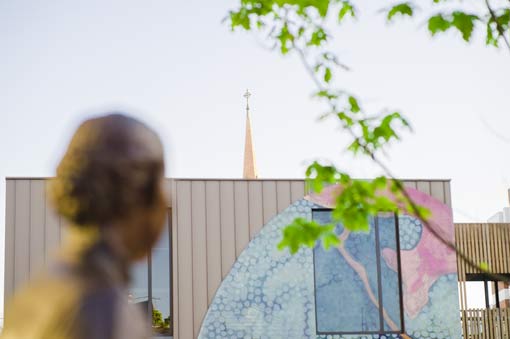Ex Corde teaches that four special characteristics mark research. First, the integration of knowledge. Universities often encourage compartmentalisation, specialisation, expertise, siloes. But even the most excellent work in a narrow research field is aware of its incompleteness. High-quality work in biology cries out for its completion in physics, theology, sociology. Serious health research opens up further questions in ethics, politics, and management systems. Each quality achievement is a fragmentary contribution to its own discipline, and obviously, a yet more fragmentary contribution to the whole project of human knowledge. Reality is a single whole which we study by breaking off fragments, but the scholar’s hope is that the jigsaw can be completed.
As well as the ideal of integrating knowledge, we have the ideal of the interdependence of faith and reason. While disciplines have autonomy over their own principles, methodologies and goals, any truth a researcher discovers will be compatible with the faith. This may sound strange but there is really no alternative. Truth is a unity: we do not have things true ‘in mathematics’ and then a quite different set of things true ‘in faith’. There is simply truth, and each and every truth, including those of faith, is compatible with every other.
In fact, faith opens up research questions discipline-rationality on its own would arguably never raise – in philosophy and theology, but also in our meditations on society in law and business, on innate dignity and ultimate destiny of persons in health, in truth and tradition in education. Faith has a role in research, whether or not the research team and their topics are particularly ‘Catholic’ ones.
Ex Corde points out research also includes an ethical dimension, for research brings knowledge and other benefits to persons, and therefore ethics questions arise about how this is to be done responsibly, honestly and with concern for wellbeing. Research officers and committees include great expertise in the administration of research, but researchers themselves cannot be ignorant of the dimension of human ethics, whatever their discipline.
Finally, research is marked by theological awareness. It might seem weird to say that research in exercise science or accounting standards should be concerned with theology. In fact, questions of ultimate meaning – the purpose of the research and its relation to deep questions of the sense of meaning in life and the purpose of human communities – are never completely absent from good research, any more than the questions of integration, unity and value already mentioned.
Thus research in Catholic universities has a characteristic tendency towards intellectual integration and the search for unity, value and meaning.



